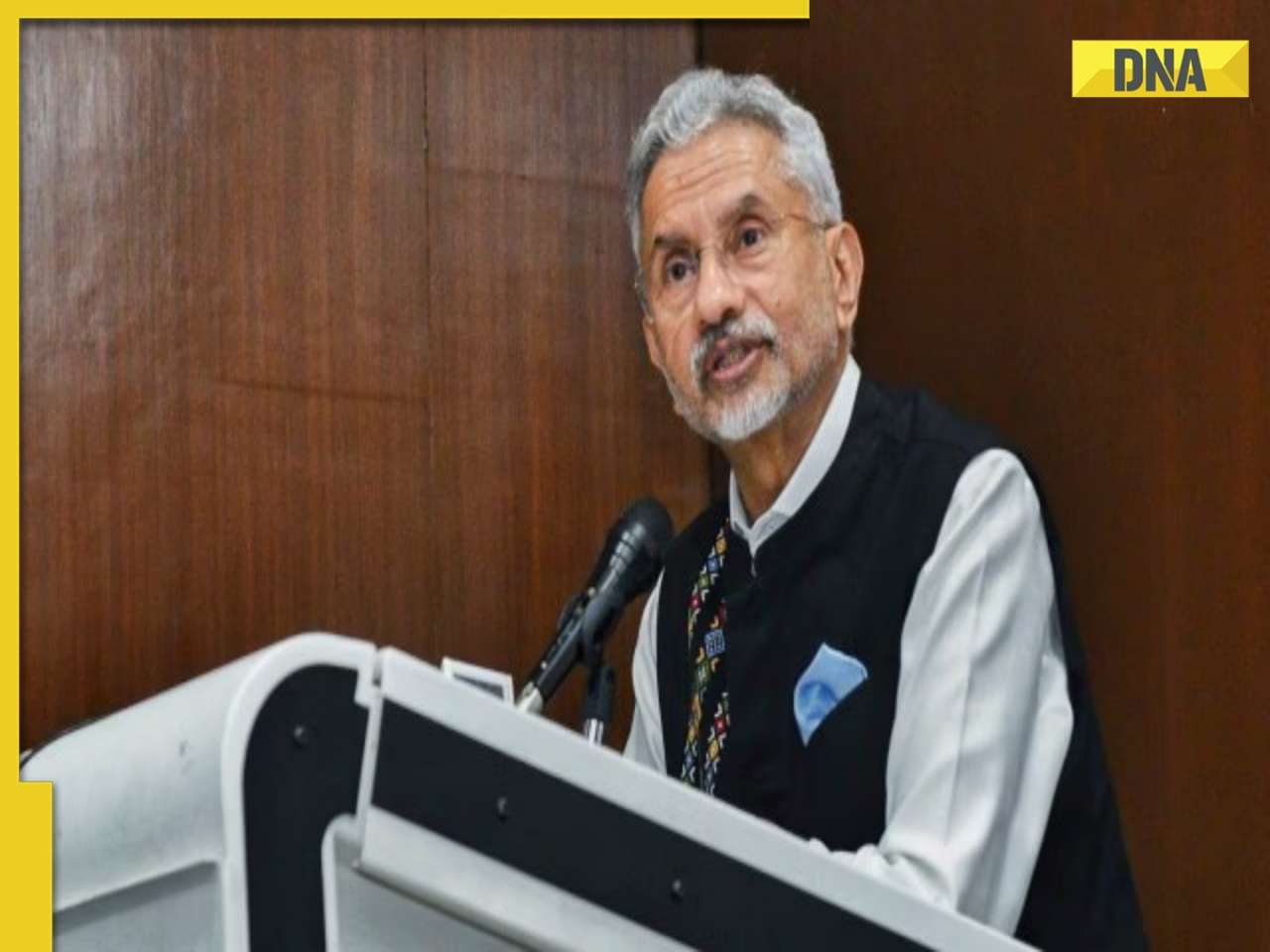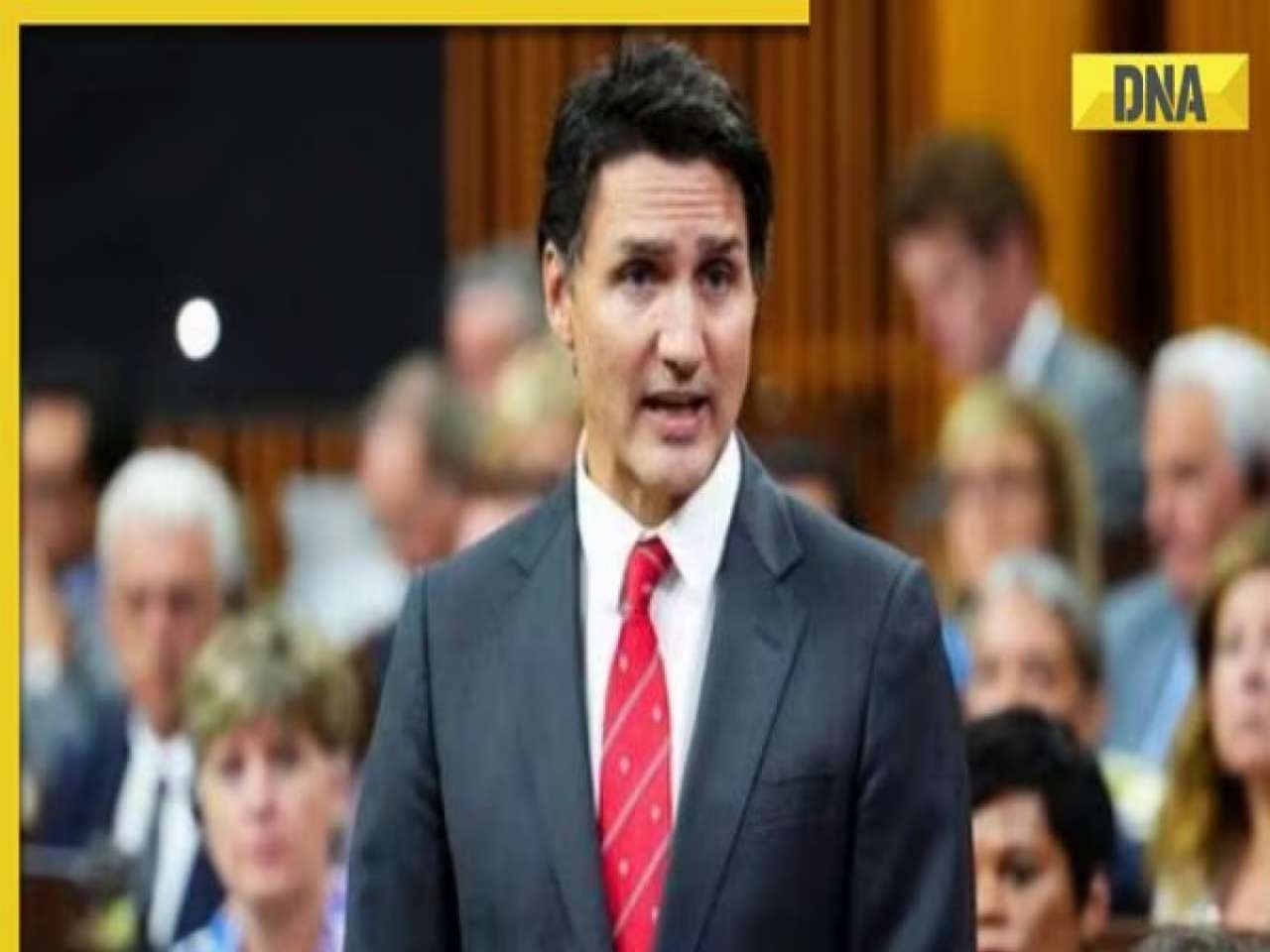Confidential annual document submitted to governor highlights corruption watchdog's plight.
Does Maharashtra really need a Lokayukta? Perhaps not. A confidential annual report of the Lokayukta, submitted to the governor last Saturday, underscores how the corruption watchdog has been rendered powerless by powerful politicians and bureaucrats.
Most recommendations made by the Lokayukta to prosecute corrupt government employees are never taken seriously by the government, forcing the institution to send reminders and then submitting "special reports" to the governor seeking attention, stated the report viewed by the dna. The confidential report mentioned "special reports" under section 12 (5) were sent to the governor in 154 cases, informing him about the government's non-compliance. It, however, hardly helped. This is obvious from the fact that the Lokayukta's annual reports have not been tabled in the legislature after 2011. Not surprising that the institution now seeks permission to make its report public immediately after submission to the governor.
In cases where the government was forced to take action following repeated reminders of the ombudsman, the action was too little and too late, serving neither as punishment for the accused nor as deterrent for others. "In many cases, it was observed that charge sheets were served to employees at the fag end of their service or on the date of retirement. Then the employees were placed under suspension. Departmental inquiries, however, don't commence since inquiry officers are not appointed, and in some cases, inquiry officers are changed from time to time," stated the report, adding that in many cases, the employees even died before the departmental inquiry could be completed.
The report highlighted the need for a strict deadline for departmental inquiries, adding that such delays affected pension benefits as "many times, the retired employee dies before completion of the inquiry". The report further mentioned, "It is imperative that the government established a regular in-house monitoring mechanism for such delayed departmental inquires and ensured that orders were passed by appropriate authority in time."
While the 700-page annual report gave a detailed description of corruption cases disposed off by the body in 2014, the first few chapters of it gave interesting insight into the happenings within the watchdog – how powerless the body is sans investigating and prosecuting power and how it has been made toothless, as it has to rely on the government to probe serious cases against its own employees and politicians.
Referring to previous reports, and reference of states such as Karnataka, MP and UP, the Maharashtra's ombudsman has reiterated its long pending demand that the police and ACB must be brought under them so that the institution could be made "effective". The watchdog has also sought "financial autonomy" from the government. "The Godbole committee's report of 2001 states that the institution completed 25 years, but its impact on the public life in Maharashtra has been minimal. The absence of an independent investigating agency, inadequate staff affects the functioning of this institution. Lokayukta in Karnataka, MP, Chhattisgarh, AP, UP have independent investigative agencies. Hence, entrusting the Lokayukta with overall responsibilities of overseeing the vigilance work in state, putting DG, ACB under the institution is needed," the report added.
The body has also demanded that their recommendations to sanction prosecution must be treated as "mandatory" and cited staff crunch owing to expansion of jurisdiction. Such a sorry state of the ombudsman was surprising.
Maharashtra was the first state to enact the Maharashtra Lokayukta and Upalokayuktas Act 1971. The institution came into effect on October 25, 1972 headed by chief justice SP Kotwal. Over 903 cases were received in the very first year by the watchdog. Nearly 43 years down the line, the institution receives over 6,000 fresh plaints annually. That is when the institution doesn't have a website of its own.
It was 1966 when the concept of Lokpal was discussed in India for the first time. The credit goes to the Administrative Reforms Commission which recommended an institution of ombudsman on lines of Scandinavian countries.
There was a public outcry against corruption in the country, existence of widespread inefficiency and unresponsiveness of administration to attend to public complaints in the country which was set-free from British rules barely 18 years ago.
Top five districts in terms of cases (Jan to Dec 2014)
Mumbai City 288
Mumbai Suburbs 444
Thane 469
Nagpur 376
Pune 373
![submenu-img]() 'They unilaterally took some measures': EAM Jaishankar on new Nepal 100 rupee currency
'They unilaterally took some measures': EAM Jaishankar on new Nepal 100 rupee currency![submenu-img]() Meet Ice Cream Lady of India, who built Rs 6000 crore company, started with small investment of Rs…
Meet Ice Cream Lady of India, who built Rs 6000 crore company, started with small investment of Rs…![submenu-img]() ‘Canada a rule-of-law country’: PM Trudeau after 3 Indian arrested over Hardeep Nijjar's murder
‘Canada a rule-of-law country’: PM Trudeau after 3 Indian arrested over Hardeep Nijjar's murder![submenu-img]() Viral video: Specially-abled girl’s energetic dance to Bollywood song wows internet, watch
Viral video: Specially-abled girl’s energetic dance to Bollywood song wows internet, watch![submenu-img]() 'Baap re baap': Imtiaz Ali reveals Diljit Dosanjh was scandalised by old women's 'vulgar' improvisation on Chamkila set
'Baap re baap': Imtiaz Ali reveals Diljit Dosanjh was scandalised by old women's 'vulgar' improvisation on Chamkila set![submenu-img]() DNA Verified: Is CAA an anti-Muslim law? Centre terms news report as 'misleading'
DNA Verified: Is CAA an anti-Muslim law? Centre terms news report as 'misleading'![submenu-img]() DNA Verified: Lok Sabha Elections 2024 to be held on April 19? Know truth behind viral message
DNA Verified: Lok Sabha Elections 2024 to be held on April 19? Know truth behind viral message![submenu-img]() DNA Verified: Modi govt giving students free laptops under 'One Student One Laptop' scheme? Know truth here
DNA Verified: Modi govt giving students free laptops under 'One Student One Laptop' scheme? Know truth here![submenu-img]() DNA Verified: Shah Rukh Khan denies reports of his role in release of India's naval officers from Qatar
DNA Verified: Shah Rukh Khan denies reports of his role in release of India's naval officers from Qatar![submenu-img]() DNA Verified: Is govt providing Rs 1.6 lakh benefit to girls under PM Ladli Laxmi Yojana? Know truth
DNA Verified: Is govt providing Rs 1.6 lakh benefit to girls under PM Ladli Laxmi Yojana? Know truth![submenu-img]() Streaming This Week: Heeramandi, Shaitaan, Manjummel Boys, latest OTT releases to binge-watch
Streaming This Week: Heeramandi, Shaitaan, Manjummel Boys, latest OTT releases to binge-watch![submenu-img]() Remember Ayesha Kapur? Michelle from Black, here's how actress, nutrition coach, entrepreneur looks after 19 years
Remember Ayesha Kapur? Michelle from Black, here's how actress, nutrition coach, entrepreneur looks after 19 years![submenu-img]() Remember Heyy Babyy's cute 'Angel' Juanna Sanghvi? 20 year-old looks unrecognisable now, fans say 'her comeback will...'
Remember Heyy Babyy's cute 'Angel' Juanna Sanghvi? 20 year-old looks unrecognisable now, fans say 'her comeback will...'![submenu-img]() In pics: Arti Singh stuns in red lehenga as she ties the knot with beau Dipak Chauhan in dreamy wedding
In pics: Arti Singh stuns in red lehenga as she ties the knot with beau Dipak Chauhan in dreamy wedding![submenu-img]() Actors who died due to cosmetic surgeries
Actors who died due to cosmetic surgeries![submenu-img]() DNA Explainer: Why Harvey Weinstein's rape conviction was overturned, will beleaguered Hollywood mogul get out of jail?
DNA Explainer: Why Harvey Weinstein's rape conviction was overturned, will beleaguered Hollywood mogul get out of jail?![submenu-img]() What is inheritance tax?
What is inheritance tax?![submenu-img]() DNA Explainer: What is cloud seeding which is blamed for wreaking havoc in Dubai?
DNA Explainer: What is cloud seeding which is blamed for wreaking havoc in Dubai?![submenu-img]() DNA Explainer: What is Israel's Arrow-3 defence system used to intercept Iran's missile attack?
DNA Explainer: What is Israel's Arrow-3 defence system used to intercept Iran's missile attack?![submenu-img]() DNA Explainer: How Iranian projectiles failed to breach iron-clad Israeli air defence
DNA Explainer: How Iranian projectiles failed to breach iron-clad Israeli air defence![submenu-img]() 'Baap re baap': Imtiaz Ali reveals Diljit Dosanjh was scandalised by old women's 'vulgar' improvisation on Chamkila set
'Baap re baap': Imtiaz Ali reveals Diljit Dosanjh was scandalised by old women's 'vulgar' improvisation on Chamkila set![submenu-img]() This actor, who worked with Karan Johar and Farhan Akhtar, gave superhit shows, saw failed marriage, killed himself at..
This actor, who worked with Karan Johar and Farhan Akhtar, gave superhit shows, saw failed marriage, killed himself at..![submenu-img]() Did you know Ranveer Singh's grandmother was popular actress? Worked with Raj Kapoor; her career affected due to...
Did you know Ranveer Singh's grandmother was popular actress? Worked with Raj Kapoor; her career affected due to...![submenu-img]() India's highest-paid TV actress began working at 8, her Bollywood films flopped, was seen in Bigg Boss 1, now charges...
India's highest-paid TV actress began working at 8, her Bollywood films flopped, was seen in Bigg Boss 1, now charges...![submenu-img]() Shreyas Talpade wonders if his heart attack was due to Covid vaccine: 'We don’t know what we have taken inside...'
Shreyas Talpade wonders if his heart attack was due to Covid vaccine: 'We don’t know what we have taken inside...'![submenu-img]() IPL 2024: Faf du Plessis, Virat Kohli help Royal Challengers Bengaluru defeat Gujarat Titans by 4 wickets
IPL 2024: Faf du Plessis, Virat Kohli help Royal Challengers Bengaluru defeat Gujarat Titans by 4 wickets![submenu-img]() IPL 2024: Why is Sai Kishore not playing today's RCB vs GT match?
IPL 2024: Why is Sai Kishore not playing today's RCB vs GT match?![submenu-img]() 'Mumbai Indians ki kahani khatam': Ex-India star slams Hardik Pandya after MI's loss to KKR at Wankhede
'Mumbai Indians ki kahani khatam': Ex-India star slams Hardik Pandya after MI's loss to KKR at Wankhede![submenu-img]() LSG vs KKR, IPL 2024: Predicted playing XI, live streaming details, weather and pitch report
LSG vs KKR, IPL 2024: Predicted playing XI, live streaming details, weather and pitch report![submenu-img]() LSG vs KKR IPL 2024 Dream11 prediction: Fantasy cricket tips for Lucknow Super Giants vs Kolkata Knight Riders
LSG vs KKR IPL 2024 Dream11 prediction: Fantasy cricket tips for Lucknow Super Giants vs Kolkata Knight Riders![submenu-img]() Viral video: Specially-abled girl’s energetic dance to Bollywood song wows internet, watch
Viral video: Specially-abled girl’s energetic dance to Bollywood song wows internet, watch![submenu-img]() Viral video: Man educates younger brother about mensuration, internet is highly impressed
Viral video: Man educates younger brother about mensuration, internet is highly impressed![submenu-img]() Girl's wedding dance to Haryanvi song interrupted by mother in viral video, internet reacts
Girl's wedding dance to Haryanvi song interrupted by mother in viral video, internet reacts![submenu-img]() Viral video: Man fearlessly grabs dozens of snakes, internet is scared
Viral video: Man fearlessly grabs dozens of snakes, internet is scared![submenu-img]() This mysterious mobile phone number was suspended after three users...
This mysterious mobile phone number was suspended after three users...







































)









)
)
)
)
)
)